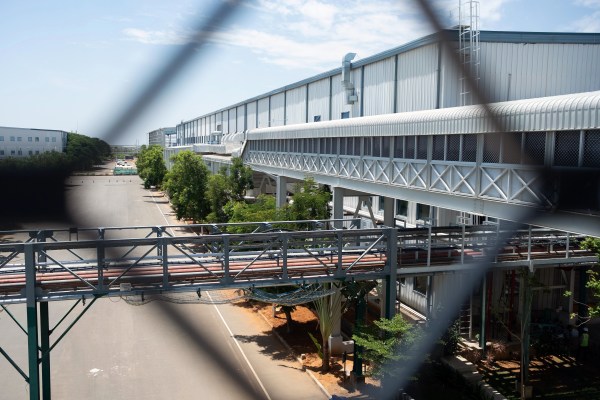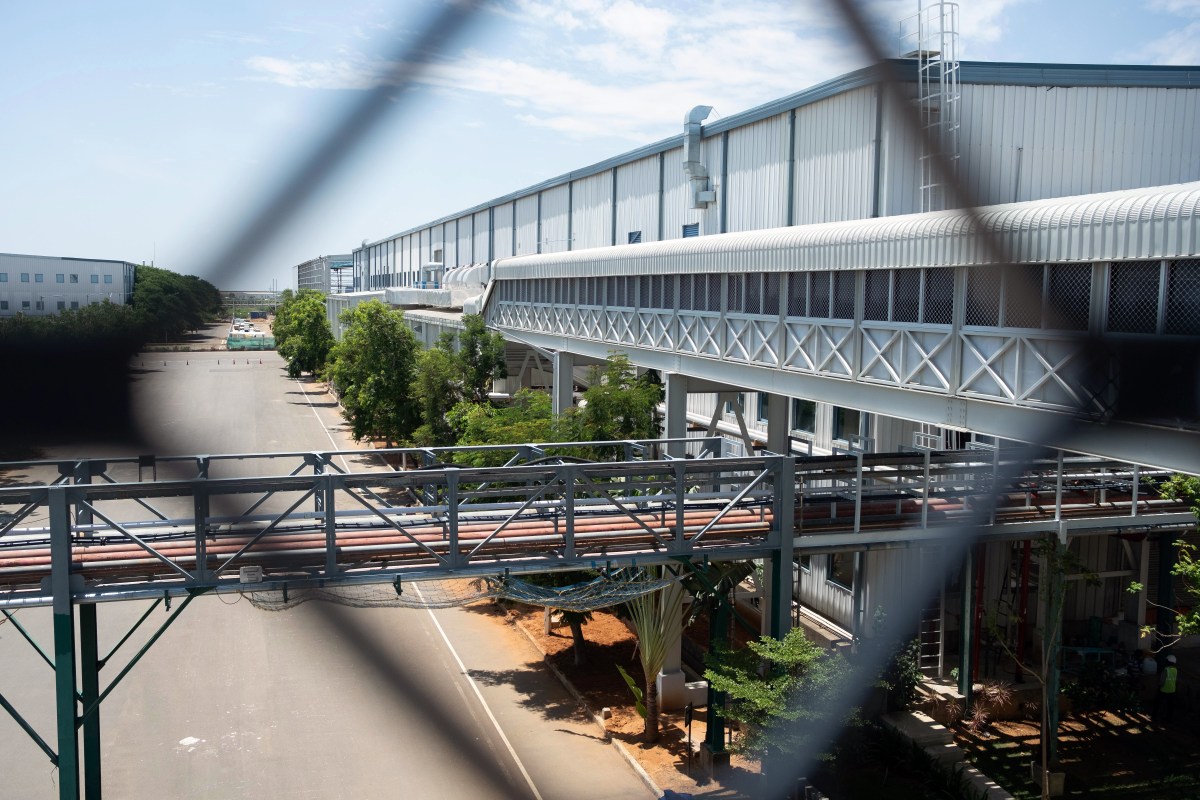
Foxconn plans to invest $1.54 billion in India, the latest in its growing expansion plan, following a surge in revenues in the South Asian market.
Foxconn said in a stock exchange filing that the investment will help it fulfil “operational needs.” The investment comes two months after the Taiwanese firm said it plans to double its workforce and investment in India by next year.
Foxconn works with many firms including Apple and assembles their devices in plants in India as many tech giants look to shift part of their manufacturing base to India in a move that analysts describe as “China+1.”
The investment from Foxconn, which is the largest EMS provider globally, into China climbed in 2001-2017 or over 15 years, and has slowed down since 2018, given the US-China trade tension.
The company, which operates three manufacturing campuses in India, pulled out of a $19.5 billion chipmaking joint venture with Vedanta earlier this year, but said it remains “confident” about India’s ambitions.
“Building fabs from scratch in a new geography is a challenge, but Foxconn is committed to invest in India. We have been working on challenges like this since the 1980s. Foxconn has no intention to do anything but continue to strongly support the government’s ‘Make in India’ ambitions and establish a diversity of local partnerships that meet the needs of stakeholders,” Foxconn, which also goes by the name Hon Hai, said at the time.
In August, the firm announced plans to invest $600 million in two projects in the Southern Indian state of Karnataka for chip-equipment manufacturing and casing components for iPhones.
For 3Q23 (the most recent quarter, whose results were revealed earlier this month) revenues by region, we see revenues from India continuing to increase, at NT$62bn, or +53% YoY from a low base, leading India revenue contribution to increase to 3.3% in 9M23 vs. ~2% in 2021-22A, Goldman Sachs analysts wrote in a recent report.
“The rising contribution reflects global-tier clients’ needs on a diversified production base, and we see Hon Hai’s global footprints as better securing its leading market position in EMS.”










